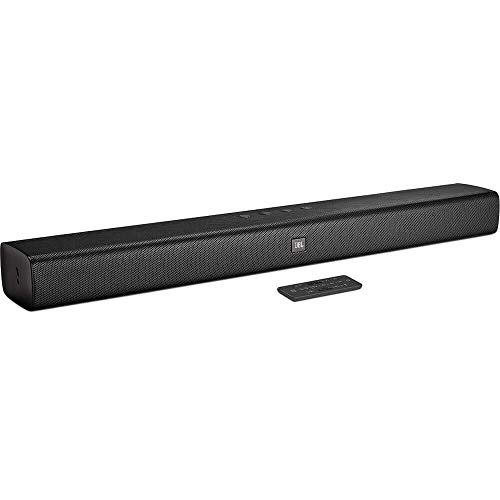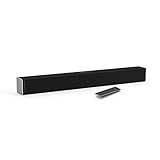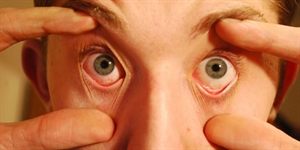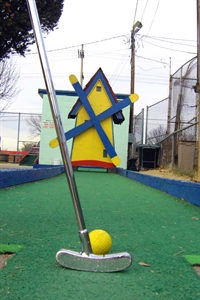International Migratory Bird Day 2024 is on Friday, May 10, 2024: What kind of bird is this?
Friday, May 10, 2024 is International Migratory Bird Day 2024.
As an Amazon Associate I earn from qualifying purchases.
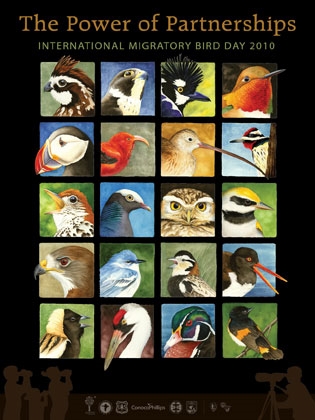
It appears to be a fledgling Lark Bunting.
You should not have this bird in your possession, and you should not be feeding it.
All native wild birds in North America are protected by state, federal, and international wildlife and migratory bird laws. Native wild birds cannot be kept as pets, and cannot be possessed by anyone except licensed and trained experts, with consent from their local, state, and federal governments.
This bird belongs in the wild - legally and ethically. It should be returned to it's parents. That is always the best option. Humans should be the last option. Untrained and unlicensed amatuers are never an option.
You have 2 choices. Any other choice is not legal, nor in the best interest of the bird.
1. If the bird is uninjured, has not be touched by a cat, and taken within the past 24 hours...return it to it's parents immediately. This bird is a fledgling. It belongs on the ground, where it's parents feed it. Baby birds leave the nest (fledge) after becoming fully feathered, but before they can fly. They live on the ground for days before becoming fully flighted. This is perfectly normal. They learn to fly from the ground - not the trees. Uninjured fledglings should never be taken from their parents. Just because they can fly, doesn't mean that they know how to find food, water and shelter, how to identify and evade predators, and how to migrate. These survival skills are taught by their parents and other birds of their kind - not humans.
Return the bird. Place it under a small bush, in the low branches, or in other natural cover. Do it quickly, and leave the area immediately. Your presence will only frighten the parents, and possibly draw the attention of predators. Just find a good spot, place it and go.
2. If the bird is injured, been mouthed by a cat, or for any reason cannot be returned to it's parents, it must be brought to a wildlife rehabilitator immediately. They are trained, equipped and licensed to house, treat, and re-release native wild birds. Rehabbers are located all over the world - and services are typically FREE to the public. All you need to do is drop the bird off - they will take care of it.
Please use this link to locate a wildlife rehabilitator in your area: .…
Rehabbers can also be located by searching Google or Yahoo! for "wildlife rehabilitation" + your state, major city, territory, or country.
Other resources may include your state DNR, DFG or DFW (most are on-line), local humane society, animal shelter, Audubon Chapter, or ASPCA.
Unless specifically directed - do not bring wildlife to veteranarians who treat pets or livestock. Most are not licensed to treat wildlife - nor do they want to risk exposing pets to disease or parasites carried by wildlife.
The Wildlife Rehabilitation Information Directory:
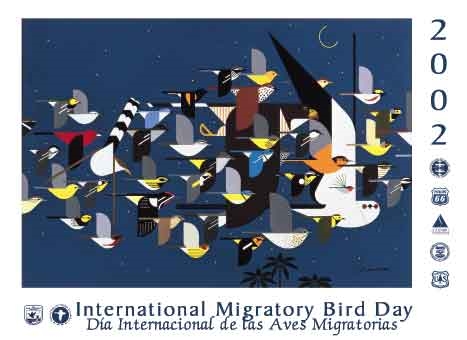
Help! bird egg trouble?
Put all of the eggs back where you found them. It's illegal to tamper with or raid nests, and illegal for you, your teacher, or your school, to have them in your possession. All native wild birds in the US are protected by federal, state and international law. The Migratory Bird Treaty prohibits ANYONE from harming or harrassing birds, tampering with nests, or possessing any bird (dead or alive), part of a bird (including feathers), eggs or nests - unless they have a specific wildlife license that permits such activity.
Let me teach you a few lessons that your science teacher obviously missed.
1. Wild birds cannot be raised by humans, and then released into the wild. They are taught survival skills by their own parents and birds of their species. They must learn how and where to find food, how to evade predators, and how to migrate. Without these skills they will die.
2. Just because you find eggs doesn't mean that they are abandoned. Birds lay one egg every day, or every other day. They don't begin incubation until they have laid most or all of the eggs in that clutch. Hens may only stop at the nest once each day to lay the egg and then leave. The eggs are dormant until incubation begins.
3. 99.9% of bird species have a poor sense of smell. They can't smell humans and will not reject eggs, babies or nests because they have been touched by humans or other animals. However, they will abandon a nest if threatened by predators, including humans.
Put the eggs back, and stop interfering with nature. Wild animals must be allowed to raise their own in peace. They're not a science experiment for your amusement.
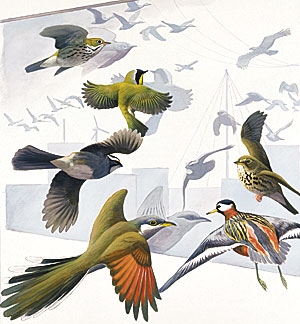
baby bird issuis?
Baby birds fledge (leave the nest) several days before they start to fly. They hop around on the ground, and they climb on low branches until their wings are strong enough for them to fly. The parent birds continue to feed and care for the fledglings until they are self-sufficient. If the bird has most of his feathers, leave him alone (or if you have already taken him, put him back.)
If the baby has mostly fuzz, he is not ready to fledge. Try to put him back in the nest. Do not worry about your scent being on him. It won't bother the mother. Wildlife biologists take baby peregrine falcons out of the nest to test them and band them, and they handle them with their bare hands. When they put the babies back in the nest, mom never rejects them. You can see photos here:
If, for any reason, you can not get him back in the nest and you are afraid that the neighborhood cats might get him, call a licensed wildlife rehabilitator. You should be able to find one here:
Licensed wildlife rehabilitators have the specialized training to care for sick, injured and orphaned wild animals, and they have the required state and federal licenses that allow them to keep the wild animals until they are healthy enough to be released.
Do not take the animal to a vet - vets are for pets, and most vets do not have the expertise to care for wild animals; nor do most vets have the proper licenses that would allow them to keep a recuperating wild animal.
In the US, all native migratory birds are protected under federal law (Migratory Bird Treaty Act), and it is illegal to keep any protected bird unless you have the required permits. Penalties for violating this law include up to $500 and/or up to 6 months in jail for each offense.
Although rock doves are not protected, many other types of doves look similar as babies, and they are protected. Unless you are 100% positive that it is a rock dove, you should take it to a licensed rehabber.
Many other countries have similar laws pursuant to the Migratory Bird Treaty Act, which is an international treaty, protecting their native species. If you are not in the US, you need to check your country's laws.

